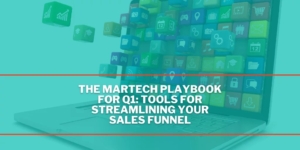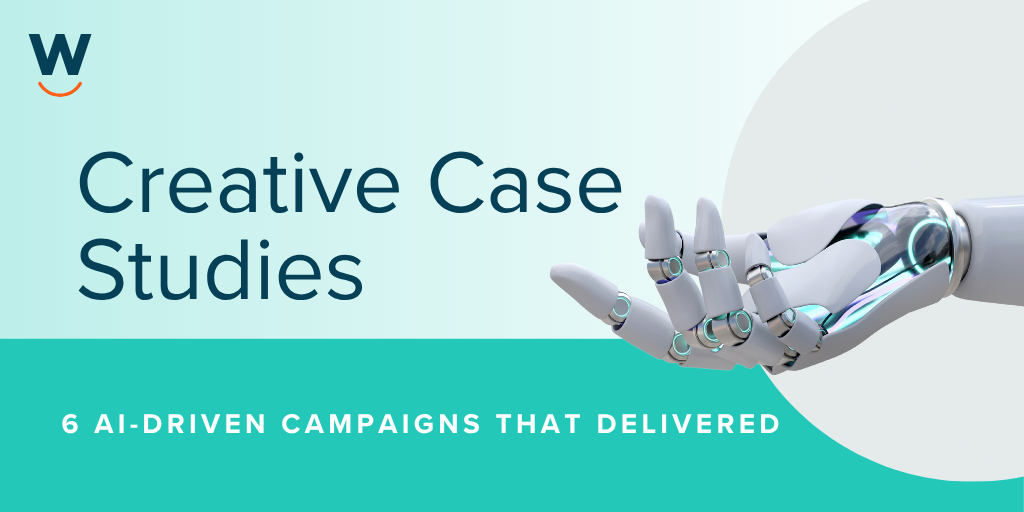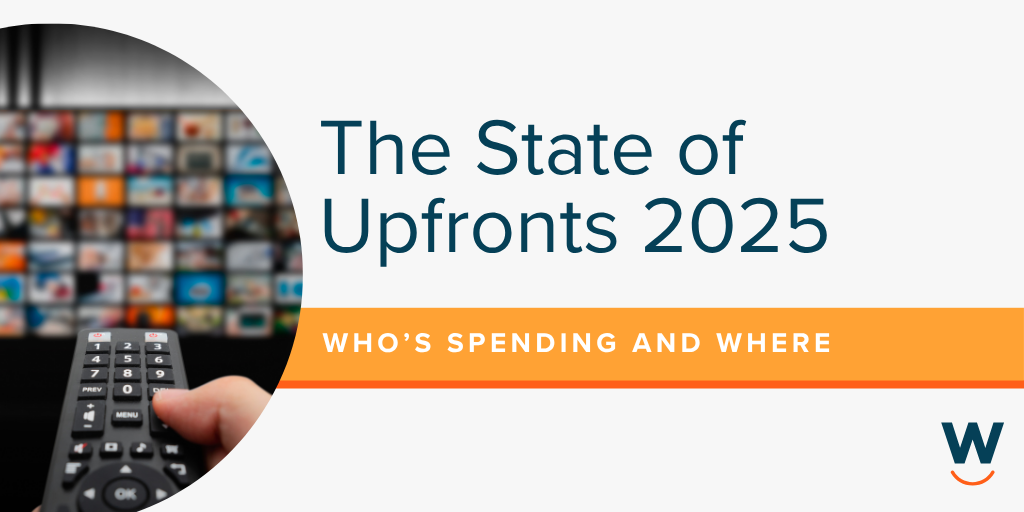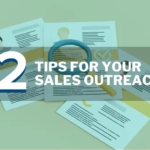
The Martech Playbook for Q1: Tools for Streamlining Your Sales Funnel
In the ever-evolving marketing technology landscape (martech), staying ahead of the curve is essential for streamlining your sales funnel and driving growth. As we enter the first quarter of 2025, it’s crucial to leverage the latest tools that enhance efficiency, personalize customer experiences, and provide actionable insights. Here’s a curated selection of martech tools making waves in 2024 and 2025, tailored to optimize each stage of your sales funnel.
1) Data analysis: Uncovering actionable insights
Understanding your audience is the cornerstone of effective marketing. Advanced analytics platforms have evolved to offer real-time data exploration and predictive modeling.
- Winmo: Of course, we have to start with the best and the brightest. A leader in sales intelligence, Winmo provides detailed insights into decision-makers, upcoming campaigns, and industry trends, empowering sales teams with the data needed to target the right prospects at the right time.
- Looker Studio: Formerly known as Google Data Studio, Looker Studio provides dynamic data visualization, enabling marketers to create customizable dashboards that integrate data from multiple sources for a comprehensive view of performance metrics.
- Amplitude: Specializing in product analytics, Amplitude offers in-depth behavioral analysis, allowing marketers to understand user interactions and optimize the customer journey accordingly.
2) CRM: Enhancing engagement
Effective CRM systems are pivotal for managing interactions and nurturing leads throughout the sales funnel.
- HubSpot CRM: HubSpot continues to innovate with AI-powered features that automate routine tasks, provide predictive lead scoring, and personalize communication strategies, ensuring a more efficient sales process.
- Salesforce with Einstein AI: Salesforce’s Einstein AI integrates advanced analytics into CRM, offering insights into customer behavior, sales forecasts, and personalized recommendations, enhancing decision-making processes.
3) Content personalization: Delivering tailored experiences
Personalized content is key to engaging prospects and guiding them through the sales funnel.
- Mutiny: Mutiny enables B2B companies to personalize website content for different audience segments without the need for coding, increasing engagement and conversion rates.
- Optimizely: Known for its robust experimentation platform, Optimizely allows marketers to A/B test various content strategies, ensuring that the most effective messages reach the target audience.
4) Social listening and engagement: Tuning into customer conversations
Monitoring social media channels provides valuable insights into customer sentiments and emerging trends.
- Brandwatch: Brandwatch offers advanced social listening capabilities, enabling marketers to track brand mentions, analyze sentiment, and identify key influencers, facilitating proactive engagement strategies.
- Sprinklr: Sprinklr consolidates social media management into a unified platform, providing tools for publishing, engagement, and analytics across multiple channels, ensuring a cohesive brand presence.
5) Performance analysis: Measuring and optimizing campaigns
Assessing the effectiveness of marketing initiatives is crucial for continuous improvement.
- Triple Whale: Designed for e-commerce businesses, Triple Whale aggregates data on ad spend, revenue, and customer lifetime value, offering a holistic view of marketing performance.
- Google Analytics 4 (GA4): GA4 introduces a user-centric approach to analytics, providing insights into the entire customer journey across platforms and devices, essential for understanding and optimizing the sales funnel.
6) Marketing automation: Streamlining campaign management
Automation tools are indispensable for managing complex marketing campaigns efficiently.
- Marketo Engage: Marketo offers comprehensive marketing automation features, including email marketing, lead nurturing, and account-based marketing, all powered by AI to enhance targeting and personalization.
- ActiveCampaign: Combining email marketing, automation, and CRM capabilities, ActiveCampaign helps businesses deliver personalized experiences at scale, improving customer engagement and retention.
7) AI-powered innovations: Embracing the future
The integration of artificial intelligence into martech tools is transforming how businesses approach marketing and sales.
- Coframe: Coframe utilizes generative AI to test and optimize websites and marketing campaigns continuously, personalizing user experiences to boost sales. In trials, campaigns using Coframe’s technology showed an average 42% improvement in click-through rates.
- Agentforce by Salesforce: Agentforce automates tasks like customer service and marketing, enabling businesses to deploy AI tools for various functions, increasing efficiency and allowing teams to focus on strategic initiatives.
Incorporating these cutting-edge martech tools into your strategy can significantly enhance the efficiency and effectiveness of your sales funnel. By leveraging advanced analytics, personalized content, and AI-driven automation, businesses can stay ahead in the competitive landscape of 2025.





